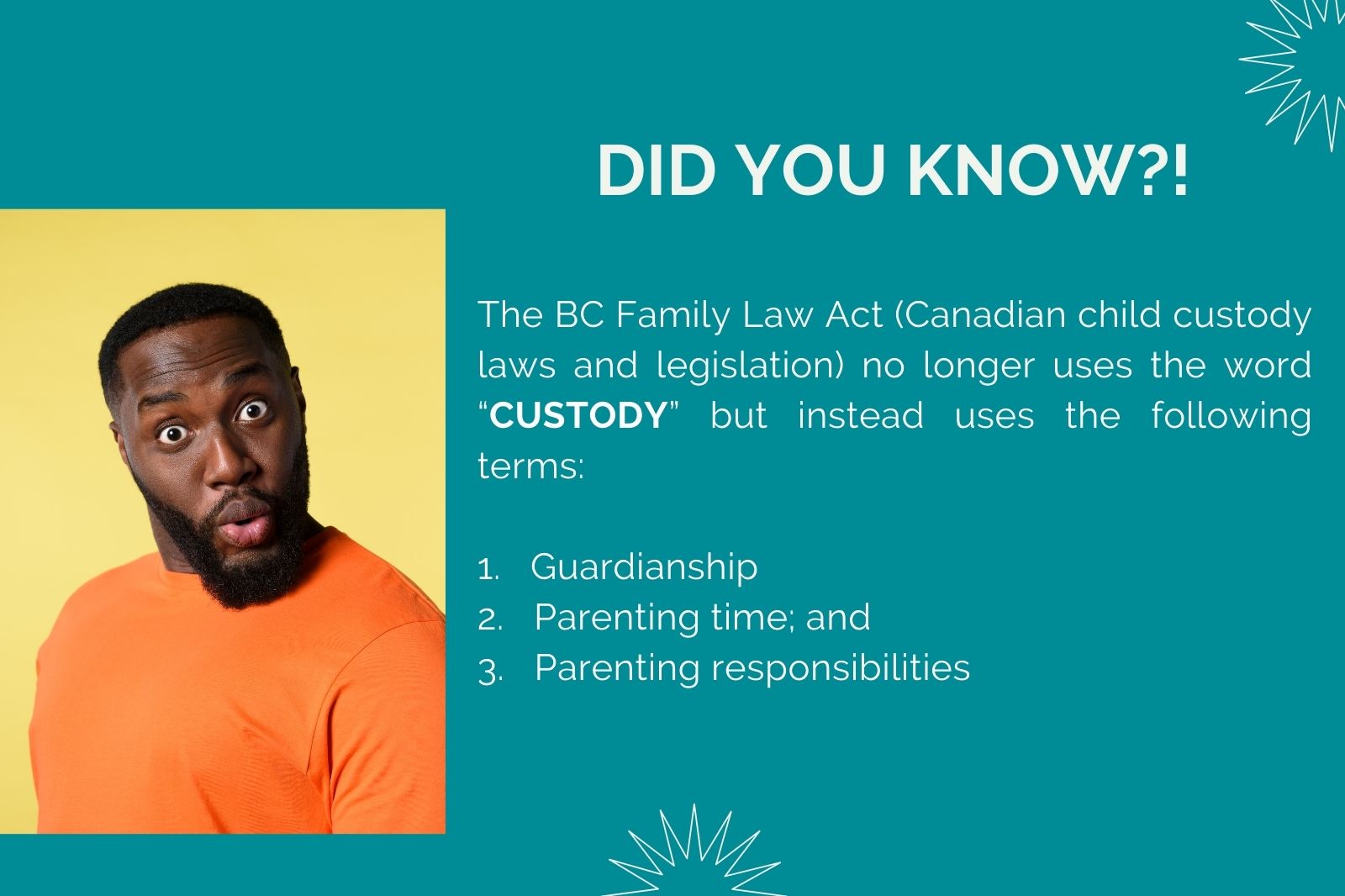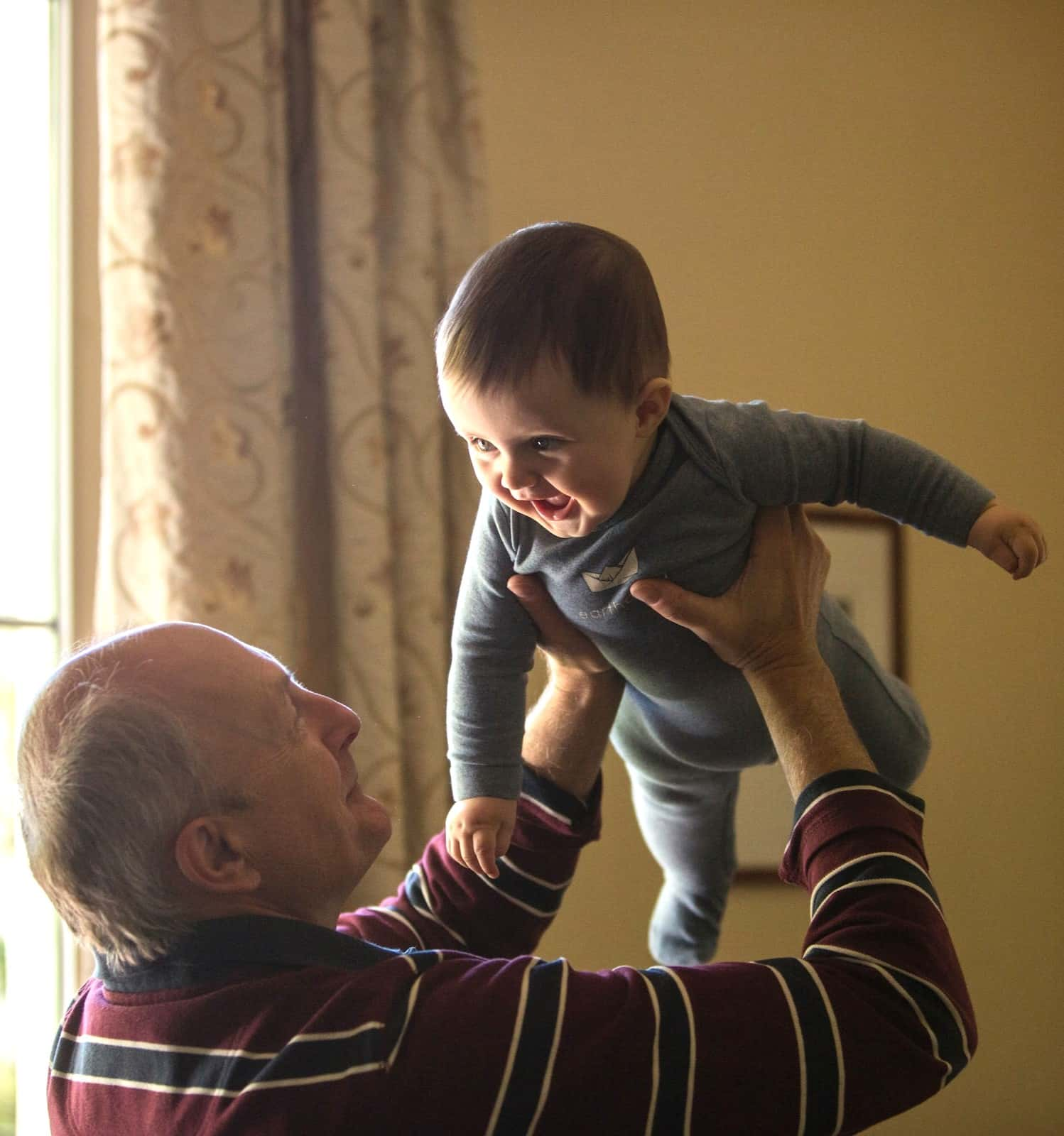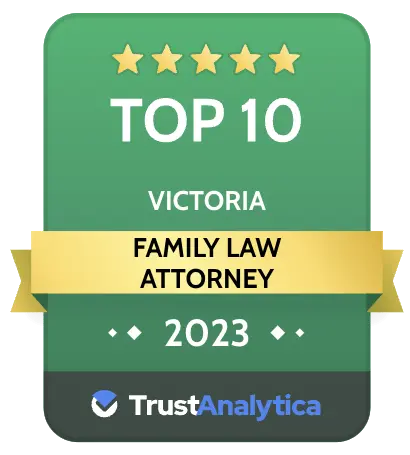Discover more. If your divorce is inevitable, choose the BETTER Path: join our newsletter for supportive, resolution-focused information!

Guardianship of a Child in British Columbia
- Home
- Getting Custody
- Guardianship of a Child
Guardianship of a child in BC addresses who assumes the role of the child’s guardian. Although it is usually the parents who act as a child’s guardian, in certain circumstances, the guardian might end up being a grandparent, aunt, uncle, or a trusted family friend. The key focus is centred around identifying the individual or individuals responsible for a child’s upbringing, care of them, and authority for making decisions on their behalf.
Quick Links
What is legal guardianship?
At Pathway Legal, parents will ask us what is legal guardianship. It is the legal authority and most importantly, the legal responsibility granted to an individual (and sometimes an entity like the Ministry for Children and Family Development) who will make decisions and care for a minor child.
Legal guardianship can come in several ways:
- If a parent has lived with their child they are their legal guardian (most common).
- If a non-parent and a child’s legal guardian (parent) have entered into a binding legal agreement allowing the non-parent to become the child’s legal guardian.
- A court has ordered that a non-parent become a child’s legal guardian (sometimes a family member will apply for legal guardianship of a minor or getting custody of a child if they feel that the child’s best interests will be met if they are a guardian as opposed to the child’s parent or parents.
- A parent has appointed a guardian for their child (in their last will and testament) in the event of their death; and the parent does, in fact, die.
In BC, most parents are guardians of their children by default. However, sometimes unexpected things happen, or a parent cannot discharge their duties well enough to meet the expectations of what we consider in a child’s best interests. There is a word of warning here, though. Kids are entitled, almost always, to be raised by their parents. This means they are entitled to be raised by their parents and have their parents be their guardians even if they are imperfect. This means that if you are an aunt, uncle, or grandparent and think you can do a better job of being a guardian than a child’s parent, that does not mean you will get to be their guardian. Guardianship is not a popularity contest based on who can do the best job. It is a decision based upon what is in the child's best interest, and it is considered that it is in a child’s best interest to be raised by their parents whenever possible.
Difference between custody and guardianship

In BC, the BC Family Law Act did away with the “C” word, “custody.” When it did so, it moved onto the concept of guardianship which is more encompassing than custody. Custody focuses on the physical care and living arrangements for a child. In contrast, guardianship is more encompassing and encompasses physical care and living arrangements for not only a child but also the significant responsibilities associated with parenting a child and decision-making for that child. Parents and guardians now develop parenting plans.
Guardianship covers not only the child's physical care but also their general welfare and major life decisions.
Does guardianship override parental rights?
Family law lawyers will tell you that BC family law has significantly modernized the outdated concept of parental rights to a much broader and child-centred approach to the child's best interests and parental responsibilities.
The child-centred focus recognizes that parental rights are not the point.
It is about what is best for a kid instead of asserting or prioritizing either parent's rights.
Now that we have gotten that out of the way, we will say that if a person (a grandparent, aunt, uncle or close family friend), or entity, like the Ministry for Children Development (also known as child protective services), obtains full guardianship of a minor child then yes, their authority and power overrides parental rights.
While sometimes people will talk about parental rights and it might be used in some contexts, the trend in family law is to focus upon the holistic well-being of children while encouraging parents (and sometimes other guardians) to work together. That is why section 41 of the BC Family Law Act has defined parental responsibilities in this way.
For the purposes of this Part, parental responsibilities with respect to a child are as follows:
(a) making day-to-day decisions affecting the child and having day-to-day care, control and supervision of the child;
(b) making decisions respecting where the child will reside;
(c) making decisions respecting with whom the child will live and associate;
(d) making decisions respecting the child's education and participation in extracurricular activities, including the nature, extent and location;
(e) making decisions respecting the child's cultural, linguistic, religious and spiritual upbringing and heritage, including, if the child is an aboriginal child, the child's aboriginal identity;
(f) subject to section 17 of the Infants Act, giving, refusing or withdrawing consent to medical, dental and other health-related treatments for the child;
(g) applying for a passport, licence, permit, benefit, privilege or other thing for the child;
(h) giving, refusing or withdrawing consent for the child, if consent is required;
(i) receiving and responding to any notice that a parent or guardian is entitled or required by law to receive;
(j) requesting and receiving from third parties health, education or other information respecting the child;
(k) subject to any applicable provincial legislation,
(i) starting, defending, compromising or settling any proceeding relating to the child, and
(ii) identifying, advancing and protecting the child's legal and financial interests;
(l) exercising any other responsibilities reasonably necessary to nurture the child's development.
The language of “parental responsibilities” does a much better job of capturing the approach family law lawyers take to family law than the concept of parental rights.
Important Related Pages
Guardianship of a minor

Sometimes parents agree to share guardianship of a minor child with another trusted family member. For example, recently, we had a case where the guardianship of a minor was given to grandparents because the child's mother thought it would be in the child’s best interest.
In this case, a set of grandparents lived with their adult daughter and her son, their grandson. I will call the adult daughter, Daphne, and their grandson, Gavin. Daphne loves Gavin very much but also struggles with addiction challenges. Gavin’s father has passed away, so Daphne was the sole guardian for Gavin. Complicating matters is that because of her addiction challenges, sometimes Daphne can’t effectively take on all the roles of being a guardian for Gavin in a way that would fully meet his needs. In this case the parties agreed to extend the guardianship of a minor child, Gavin, to Daphne’s parents.
Because Gavin’s grandparents also love him and want what is best for him, they did not want to usurp Daphne’s role as Gavin’s mother. Still, they also want to ensure that if Daphne is not available, important decisions can be made for Gavin if she is unavailable.
As a result, Daphne and her parents, Gavin’s grandparents, entered into an agreement stating that if ever Daphne is unavailable to exercise her guardianship responsibilities for Gavin, her parents may do so in her place. This was a very heartening case for us because it focused upon the best interests of Gavin. These parties all love Gavin and want what is best for him. They could enter into a legally binding agreement that met Gavin’s needs.
Full guardianship of a child
Unlike Gavin’s family, not all families get along so well or can agree upon what is in a child’s best interest. Sometimes, a parent might file in court for full guardianship of a child. Why would they do this you ask?
There are different types of child custody. When you ask for full guardianship of a minor child it is essentially asking for full care, control, and responsibility of a child. Getting full guardianship of a child is an unusual remedy. It means that you will have to have a good case and show the best evidence for child custody because you are asking the court to disallow one or both parents from exercising the care of their children or making significant decisions regarding their children.
In such cases, a parent (already a guardian) or another person might do this because a parent is unavailable, has passed away, or does not act in a child’s best interests. Guardianship of a child is a big responsibility and if you ask for full guardianship of a child, you have to have big reasons to do so in BC.
Summary of guardianship of a child
If you are looking for a lawyer for guardianship to discuss your legal rights and responsibilities relating to the guardianship of a child, Pathway Legal’s family law lawyers have the experience and expertise to guide and help you.









